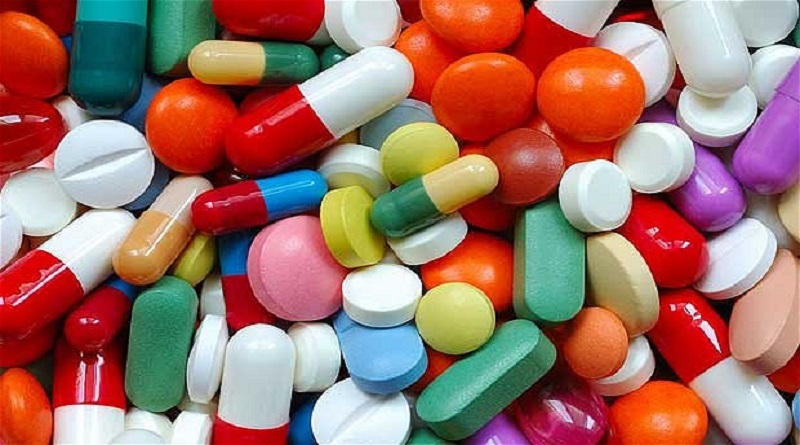Drug problem: Groups to improve response capacity to victims in America
The Pan American Health Organization (PAHO) and the Organization of American States (OAS) have renewed a memorandum of understanding under which they will work together—employing a public health perspective—to improve countries’ capacities to respond to the needs of people affected by the drug problem.
An estimated 1 in 20 people ages 15 to 64–some 250 million people–consumed at least one drug (opiates, cocaine, cannabis, amphetamine-type stimulants or psychoactive substances not prescribed by a physician) in 2014, according to the United Nations Office on Drugs and Crime’s World Drug Report 2016. The use of psychoactive substances has been recognized as an important public health problem in the Americas, contributing significantly to the burden of premature deaths and disability.
The PAHO-OAS agreement lays out collaboration on policies and programs as part of a comprehensive approach to drug problems, including promotion of structured information systems, facilitation of access to integrated healthcare services, training of human resources, promotion of research, and diffusion of scientific knowledge on the subject.
Under the agreement, PAHO and the OAS will also support countries in the Americas in complying with the recommendations of the United Nations General Assembly Special Session on the World Drug Problem (UNGASS 2016), which highlight the need for prevention and treatment programs, strengthening human resources, and ensuring respect for rights and access to controlled medications.
Those recommendations were ratified by the 70th World Health Assembly in 2017 and are aligned with PAHO’s Regional Strategy and Action Plan on Psychoactive Substance Use and Public Health, which identifies a public health response to the drug problem as a priority in national health plans.
Addressing the problematic use of psychoactive substances requires that countries’ public health systems be prepared to take action on social determinants; promote healthy lifestyles; prevent or delay the onset of drug use; mitigate the adverse effects of consumption; and treat, rehabilitate and fully reintegrate problematic users using effective interventions within a framework that protects their fundamental rights.
PAHO’s Substance Use Program and the Inter-American Drug Abuse Control Commission (CICAD) of the OAS will coordinate activities with ministries of health, national drug commissions and civil society representatives, among other partners.
In 2012, PAHO and the OAS established a Joint Regional Cooperation Program for the Reduction of Drug Demand, which provided technical assistance to countries as well as institutional strengthening and training activities. The joint program has helped to promote the inclusion of public health components in national policies to reduce the demand for drugs in the region and has helped strengthen countries’ capacities in the areas of human resources and information systems on drugs and their impact on health.
A public health approach to drug policies includes analysis of the problem and its determinants but also calls for an organized response from health systems and services and a collective approach focused on people rather than substances.
In terms of drug policies, the public health approach addresses demand reduction through strategies that aim to prevent or delay the onset of substance use and mitigate their negative health and social consequences. These strategies include interventions on prevention, early detection, harm reduction, treatment, rehabilitation and social reintegration.
PAHO is the specialized health agency of the Inter-American system. It works with the countries of the Americas to improve the health and quality of life of their populations. Founded in 1902, it is the oldest international public health organization in the world. PAHO also serves as Regional Office for the Americas of the World Health Organization (WHO).



